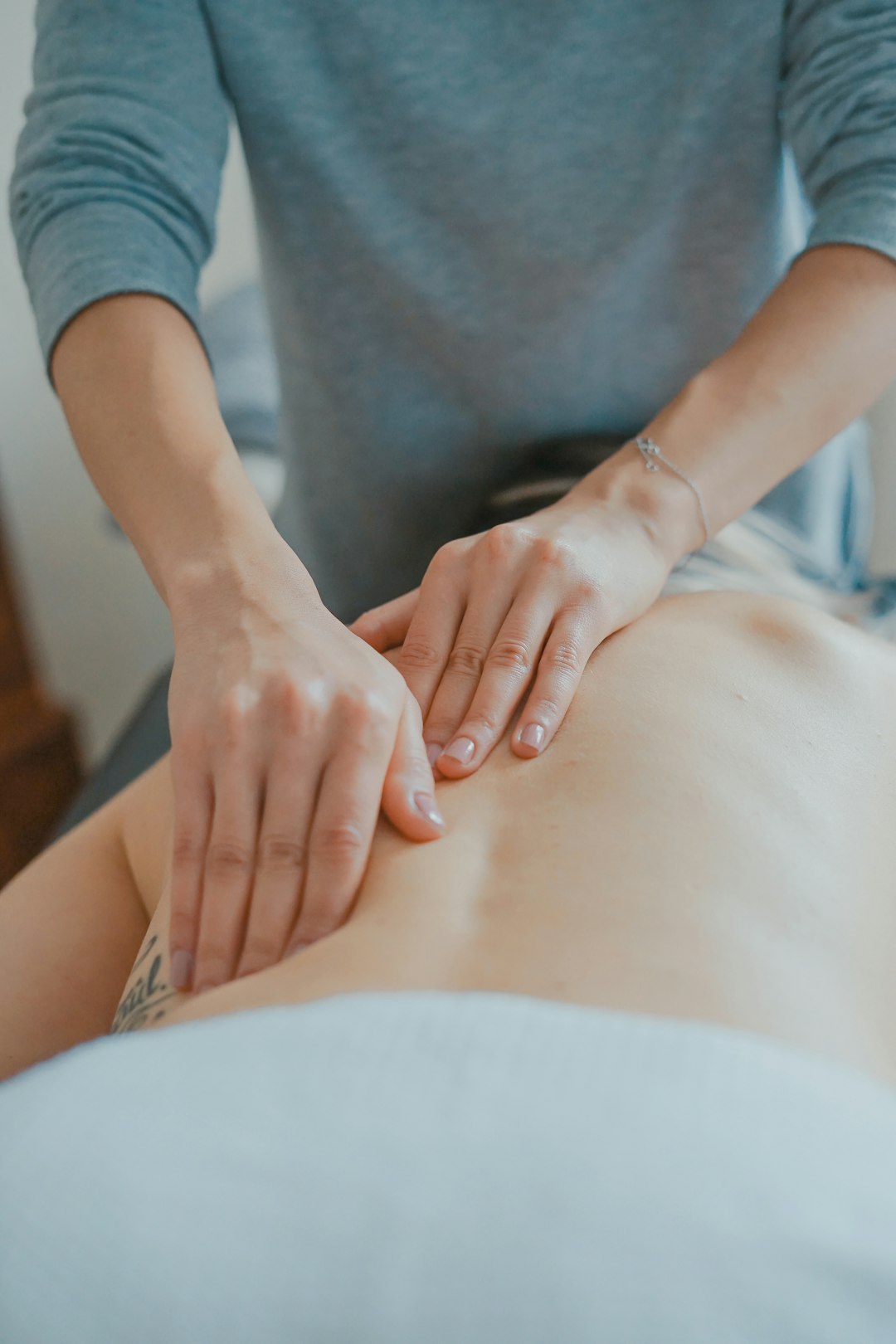Massage abuse is a growing concern in New Jersey, with unethical or illegal practices within the wellness industry. Professional associations combat this by educating the public, promoting ethical standards, and supporting victims, while dedicated massage abuse attorneys New Jersey ensure justice and hold offenders accountable. These organizations advocate for stricter regulations, offer legal support, conduct targeted education campaigns, and collaborate with authorities to create a safer environment for therapists and clients.
In New Jersey, the rise of massage therapy popularity has also brought to light a pressing issue: massage abuse. This article explores the critical role professional associations play in combating this growing concern. We delve into the complex dynamics, examining how these organizations empower practitioners, educate clients, and collaborate with legal experts, including massage abuse attorneys in New Jersey, to establish safety standards. Through strategic awareness campaigns and successful interventions, professional associations are revolutionizing the industry.
Understanding Massage Abuse: A Growing Concern in New Jersey
Massage abuse, a growing concern in New Jersey, refers to unethical or illegal practices within the wellness industry. As the state’s popularity as a tourist destination and its thriving wellness scene expand, so does the risk of individuals falling victim to unscrupulous massage therapists. Cases range from professional misconduct, such as unauthorized practice of medicine, to more severe forms of abuse, including sexual assault.
Professional associations play a pivotal role in combating this issue by educating the public about their rights, promoting ethical standards among members, and providing support for victims. Additionally, massage abuse attorneys in New Jersey work tirelessly to ensure justice for those affected, helping to hold offenders accountable and establish stricter regulations to protect clients from future harm.
The Importance of Professional Associations in Preventing Abuse
Professional associations play a pivotal role in preventing and combating abuse, particularly in specialized fields like massage therapy. In New Jersey, where massage abuse attorneys are crucial for addressing these issues, these associations serve as the backbone of advocacy and support. They foster a culture of ethical practice by setting standards, conducting regular training sessions, and promoting awareness campaigns among their members.
Through these initiatives, professional associations not only protect clients but also empower massage therapists to recognize and report abusive situations. By establishing robust reporting mechanisms and offering legal resources, such as connecting members with massage abuse attorneys in New Jersey, these organizations ensure that victims receive the necessary assistance and justice.
Legal Frameworks and Massage Abuse Attorneys in NJ
In New Jersey, addressing massage abuse within the state’s legal framework is a complex task. The role of professional associations in combating this issue is pivotal as they advocate for stricter regulations and better protection for clients. Massage abuse attorneys play a crucial part in this effort by specializing in personal injury law related to massage therapy, enabling them to guide survivors through legal processes.
These legal professionals help establish clear guidelines and standards for the industry, ensuring that licensed massage therapists adhere to ethical practices. Through litigation and public awareness campaigns, they contribute to deterring abusive behavior and holding perpetrators accountable. The presence of dedicated massage abuse attorneys in New Jersey strengthens the state’s efforts to combat this pervasive problem, offering justice and support to those affected.
Strategies for Association-Led Awareness and Education Campaigns
Professional associations play a vital role in raising awareness about massage abuse and advocating for victims in New Jersey. One effective strategy is to launch comprehensive education campaigns that target both the general public and industry professionals. These campaigns can utilize various channels such as workshops, seminars, and online webinars to disseminate information on identifying and reporting suspected cases of massage abuse. By collaborating with local law enforcement agencies and healthcare providers, these associations can ensure that the community understands their legal obligations and the available support systems.
Massage abuse attorneys in New Jersey often work closely with these organizations to develop resources tailored to specific issues within the industry. This may include creating educational materials that highlight common forms of exploitation and manipulation, especially in high-risk settings like spas and massage parlors. Through such initiatives, associations can empower individuals to recognize and combat abusive practices, fostering a safer environment for all massage therapists and clients alike.
Case Studies: Successful Interventions by New Jersey's Professional Associations
In New Jersey, professional associations have played a pivotal role in combating massage abuse, demonstrating their effectiveness through numerous successful interventions. One notable example involves a collaborative effort between local massage therapy associations and law enforcement agencies, which led to the identification and prosecution of several masseurs engaged in illegal activities. This initiative, spearheaded by dedicated massage abuse attorneys in New Jersey, resulted in increased awareness among the public and within the industry, leading to better reporting mechanisms and enhanced safety measures for clients.
Another case study highlights a professional association’s campaign against non-consensual sexual advances in spa and wellness centers. Through targeted education programs and strict code of conduct policies, these associations empowered massage therapists to refuse inappropriate requests and report abuse without fear of retaliation. This proactive approach not only protected vulnerable individuals but also strengthened the reputation of the industry as a whole, fostering a culture of respect and professionalism among New Jersey’s massage therapy community.






